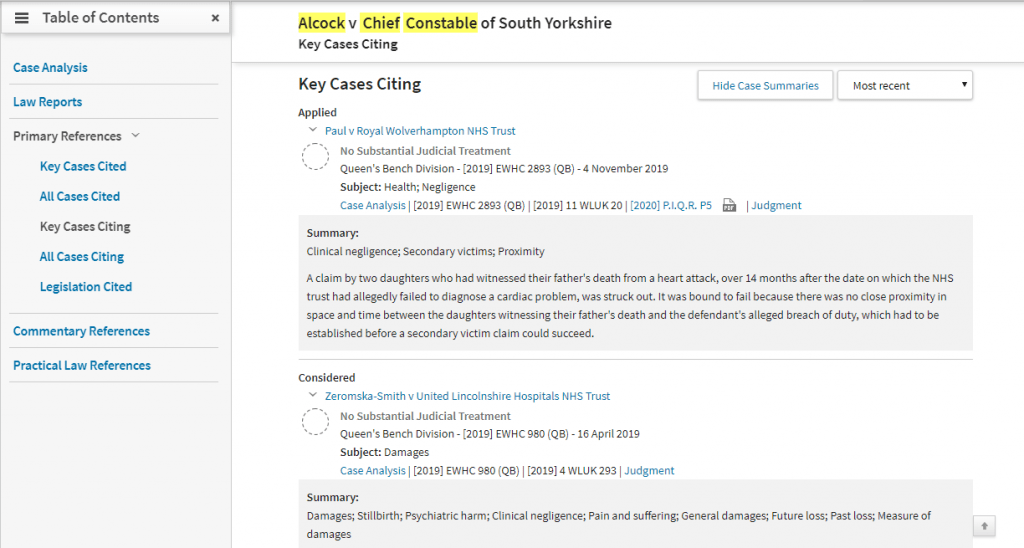My Top 5 Tips for Smashing Online Law Exams
Law exams are coming up. Many law students will be taking the exams from home. Here are my top tips on how to score well in your online law exams.
-
Prepare blocks – not full answers.
Each topic you study can be broken down into themes or blocks. For example, if you are revising consideration in contract law:
Theme 1: what is it?
Theme 2: theoretical justifications for consideration
Theme 3: Williams v Roffey and critiques
Theme 4: part payment and critique
Theme 5: consideration in other jurisdictions
Theme 6: should Williams v Roffey apply to part payment cases?
Theme 7: what is promissory estoppel?
Theme 8: can and should promissory estoppel be used as a sword and a shield?
Under each theme, you can produce your own original content. When the actual question is released you can then use the blocks/or themes to start building out your answer. This gives you the flexibility to move ideas around – a flexibility that is sometimes lost when you create full model answers to questions.
-
Keep your answers current to boost marks
Try and incorporate 2019 and 2020 cases that might not even be in your lecture notes to grab those high marks for originality.
Let’s say you are tackling a problem question on psychiatric harm in tort. One of the key cases in this area being Alcock v Chief Constable of South Yorkshire [1992] 1 AC 310. The House of Lords outlined the approach to imposing a duty of care in relation to secondary victims of psychiatric harm.
Search for the case on Westlaw. Access the ‘Case Analysis’ for the case (in yellow below):

When you click case analysis you will be brought to the case analysis page for that specific case.
On the left-hand side choose ‘Preliminary references’ and then ‘Key Cases Citing’. This will bring you to a list of cases that have applied, considered and distinguished Alcock (presented in date order by the most recent):

You will see that the most recent case to apply Alcock is Paul v Royal Wolverhampton NHS Trust [2019] EWHC 2893.
In your exam you can simply state:
Alcock remains good law and continues to be applied by the lower courts in cases involving secondary victims (Paul v Royal Wolverhampton NHS Trust [2019]).
Do not use this technique for every case you use as it will come across as artificial to the examiner. Each topic will have one or two central cases. Reserve this technique for those cases.
-
Split time evenly to achieve the highest marks
About 25% of papers I have marked have failed to address the final question of an exam in enough detail. Instead, students try to refine and perfect their first few answers. However, it is much easier to achieve the first 60% of marks than it is to move your answer from a 70% mark to a 75% mark.
An example is instructive:
Student 1 writes two great answers in their contract law paper. Scoring 70 and 75. Runs out of time and the third answer receives a 42. The overall score for the paper is 62.
Student 2 dedicates roughly equal time and word count to all three questions. Scores 68, 66 and 62. Final mark for the paper is 65.
Have the confidence to move on when your answer is strong – not perfect! Your marks will benefit as a result.
-
Teach friends, partners or family the topics
Find the closest non-lawyer you know and ask them to listen to you about the law. We retain about 20% of what we read. However, we retain up to 80% of what we teach others.
The process of breaking down topics in a way they can be understood by non-lawyers helps you process and understand the information yourself. I adopt this method with almost all of my tutees and the results are quite astonishing.
You can buy some magic whiteboard paper online to help with this. Just fit it to any wall in the house and begin teaching!
-
Step back and assess how topics can be tested (use the CILEX question bank)
Each topic in law is assessed in only a few ways. There are specific ‘key debates’ (for essay questions) and legal principles (for problem questions) that lend themselves to assessment.
If we take duty of care in tort, for example, essays tend to focus on:
Key Debate 1: why do the courts adopt a cautious/conservative approach to imposing a duty of care in cases involving psychiatric harm and/or negligent misstatement?
Key Debate 2: why do courts adopt a cautious approach to imposing a duty of care on public authorities?
Key Debate 3: why do courts adopt a cautious approach to imposing a duty of care for omissions?
Key debate 4: should we implement a ‘Good Samaritan Law’ in England and Wales?
Have a look at past papers to see what the key debates and principles are.
You can also purchase Q&A books online.
In addition, CILEx produces a huge bank of past paper questions and suggested answers for around 20 different law modules. An excellent tool for revising that is completely free. You can access the database here.
Good luck with your law exams!!
Chris